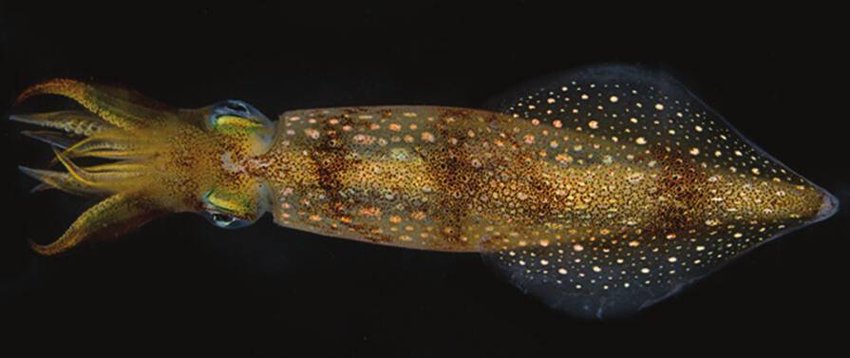
Wild-Caught Squid: A Safer Seafood Choice
Share
When we set out to create The Hermit, we wanted to do things differently. We pledged to provide transparent information about our products and our thought processes, and not just “talk our own book” and selectively publish data that makes us look good. That being said, when we were looking to identify a protein source we obsessed about finding one that met our exacting nutritional standards, was sustainability harvested and didn’t suffer from any of the contamination issues of some seafood and land proteins.
So is wild-caught squid different from other seafoods? We think the answer is a pretty clear “yes”.
Mercury and Heavy Metals in Seafoods
Large and long-lived fish, like tuna, halibut, chilean seabass, and larger mackerel, have high concentrations of methylmercury. For this reason the FDA recommends that people limit themselves to just a few ounces (a can or two) of canned tuna per week. This is especially true of children under 12, and people who are pregnant, trying to become pregnant, or breastfeeding, since they’re especially vulnerable to the negative developmental effects of mercury.
So what about calamari? Since the calamari we use (Doryteuthis opalescens, or the California Market Squid) is a fast-growing species that lives for at most 1 year, and never grows to be more than a few ounces in weight, it just simply doesn’t have time to accumulate any meaningful amount of mercury. We performed a heavy metals analysis of our product [available here], which shows mercury concentrations less than 1/20th the level found in canned tuna.
Like all fish, squid does contain measurable levels of arsenics. While this sounds scary, the science is very clear that, because this arsenic is in the organic form, it’s not harmful to humans (because your body is easily able to expel it through urine). This is in contrast to inorganic mercury.
Antibiotics, PCBs, Forever Chemicals in Seafood
While not all aquaculture is the same, in general we wanted to avoid using farmed fish protein, for a few reasons. Some are ecological, but many have to do with the nutritional and toxicological issues with fish farming.
The nature of fish farming – many fish kept together in close quarters, and fed a diet that doesn’t resemble what they would eat in nature – lends itself to fish that are chronically sick and susceptible to disease. Because of this, many farmed fish require a heavy load of antibiotics, vaccines, and other artificial feed additives like enzymes and immunostimulants, which are then passed on to us when we eat them.
In addition, “forever chemicals” like PCB and PFAS tend to be present in the feed and in the ecosystems where fish are farmed in significantly elevated concentrations. It is well established that wild-caught seafood is significantly lower in these toxins of concern, in some cases by many orders of magnitude.
Eat Squid Fearlessly
We think that for all these reasons, squid stands out as a highly-desirably seafood protein to incorporate into your diet in a big way.
Have any thoughts, objections, disputations to share? Email us at portents@thehermit.com . We love hearing from similarly thoughtful and informed seafood enthusiasts!





